Keywords: Corruption
There are more than 200 results, only the first 200 are displayed here.
-

INTERNATIONAL
- Catherine Marshall
- 30 May 2014
4 Comments
It had been a long journey for the family gathered in the Cambodian office of Jesuit Refugee Service, but their search for a safe environment amidst people who would treat them kindly was not yet over. Genuine refugees set their compass for Australia expecting to find the democratic, resourceful and accountable country of which they have heard. The Coalition's reprehensible 'Cambodia solution' shows just how wrong they are.
READ MORE 
-
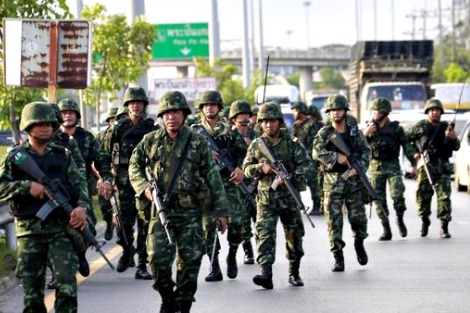
INTERNATIONAL
- Michael Kelly
- 26 May 2014
3 Comments
The cycle of election, opposition protest, social and political instability that provokes a royal approved military intervention underlies how immature democracy is in Thailand. Unfortunately, in the medium term — the next five years — it will be 'same, same' unless there is a circuit breaker. That may come with the next trigger to instability which has to be set off sooner rather than later: the death of a very frail royal person.
READ MORE 
-
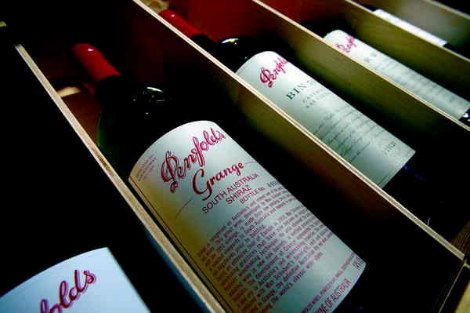
AUSTRALIA
- John Warhurst
- 09 May 2014
9 Comments
The Independent Commission against Corruption in New South Wales continues to provide stunning insights into the compromised relationship between the major political parties and government in that state. It has moved on from Labor to the Liberal party and from political lobbying to political donations. But the essence of the story remains the same. Casual self-interest reigns, and the culture of political life at the top-end is corrupted.
READ MORE 
-

AUSTRALIA
- Andrew Hamilton
- 08 May 2014
13 Comments
Heightened competitiveness does not foster interest in the common good but creates a narrow focus on the interests of the individual. The use of drugs in cycling illustrates the point. Doing what it takes meant taking competition out of the game by excluding competitors from the possibility of winning. In Australian politics the cult of competitiveness has led to a rigged competition in which the national interest will not be served.
READ MORE 
-
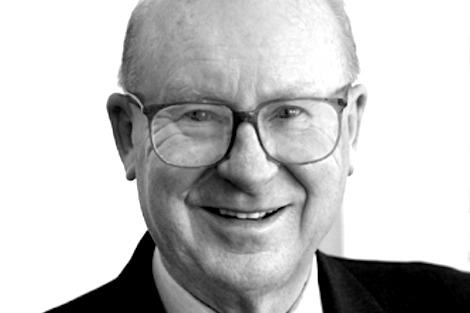
AUSTRALIA
- Brian Lucas
- 29 April 2014
5 Comments
The late Barry O'Keefe was among the best known barristers of his time and no doubt there will be many tributes to his prowess as advocate, judge and corruption commissioner. The integration of the spiritual life and professional career is a challenge for most people. How do you find stillness and God's presence when there are constant demands on your time and energy? O'Keefe said his attendance at daily Mass was integral.
READ MORE 
-

AUSTRALIA
- Moira Rayner
- 22 April 2014
15 Comments
Occupants of public office are expected to act in accordance with their oaths. An anti-corruption commissioner, for example, should be someone whose own conduct is not just seen to be, but is demonstrably, judicious, ethical and proper. Even a minor failure in that was the reason that, several years ago, I resigned as an acting corruption and crime commissioner in another state. In my case, it didn't end there. But in O'Farrell's it should.
READ MORE 
-

RELIGION
- Andrew Hamilton
- 17 April 2014
16 Comments
Both the Jewish Passover and the Christian Easter are exercises in memory. The Jewish child who asks why this day is remembered is told a story of slavery in Egypt followed by deliverance by God. He stands in line with other children who asked the same question during the Holocaust. The devaluation of history and memory has a deeply corrosive effect on society. In our society we can see this in our treatment of asylum seekers.
READ MORE 
-

AUSTRALIA
- Frank Brennan
- 11 April 2014
8 Comments
'We should abandon talk of taking Australia off the table. We should also abandon talk of taking the sugar off the table. The collateral damage of that is too great. The best we can do ethically and practically is to put the sugar out of reach while leaving it on the table for those who make it here with a visa or in direct flight from persecution.' Frank Brennan contributes to a Palm Sunday panel at St Michael's Uniting Church, Melbourne.
READ MORE
-
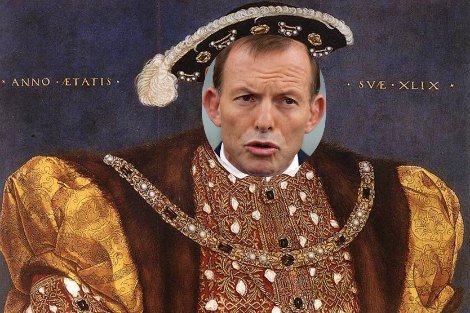
AUSTRALIA
- Brian Matthews
- 28 March 2014
11 Comments
Thomas Wyatt, poet and prominent figure in the court of Henry VIII, found life there not only perilous but repugnant and dreamed of escape. There is much that Wyatt would recognise in the court of Tony Abbott: the obsessive secrecy, the suspicion of foreigners, the cruelty, the ecclesiastical connections, the dames and knights, the aggressive Anglophilia. At least he wouldn't have had to encode his unease in poetry.
READ MORE 
-
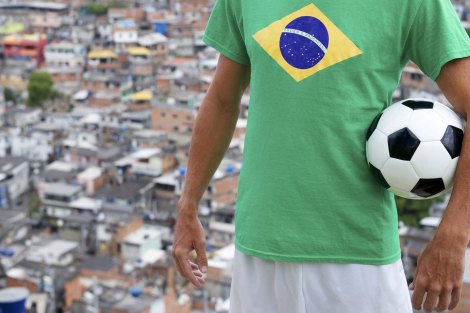
INTERNATIONAL
- Michael McVeigh
- 25 March 2014
6 Comments
The Olympics and World Cup were once seen as a triumph of corporate and athletic enterprise, but today we count the cost. Previous events left countries with decaying venues and huge bills. Government funds line the pockets of corporations but do little for local industry. The Olympics have caused the evictions of more than two million people over the past two decades. It's time to re-think what these events are actually trying to achieve.
READ MORE 
-
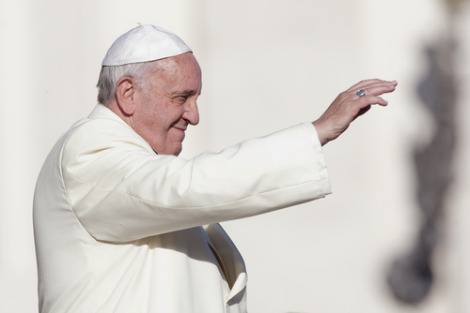
RELIGION
- Neil Ormerod
- 13 March 2014
10 Comments
No one can deny the impact Francis has had. The question remains whether the differences between him and his predecessor Pope Benedict XVI are a matter of style or substance. Francis has downplayed the prospects of major doctrinal changes, yet the rehabilitation of liberation theology and the bringing in from the cold of outspoken 'extreme centrist' theologian Cardinal Walter Kasper do reveal a fundamental shift.
READ MORE 
-
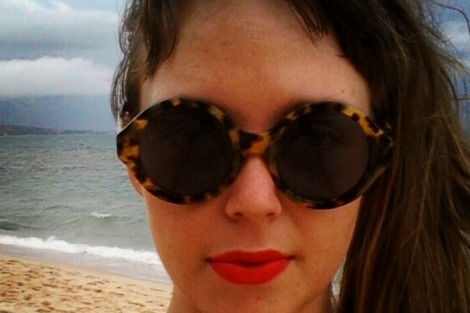
INTERNATIONAL
- Ellena Savage
- 21 February 2014
9 Comments
There is a difference between immigration and expatriatism. The term 'expat' seems only to refer to the affluent, particularly those with Caucasian ancestry. The expat has no obligation to learn the language and customs of the place they live, and always has a home they can return to. Since taking a job in publishing in South East Asia, I am the kind of person who gets to be thought of as an expat. It feels weird.
READ MORE 